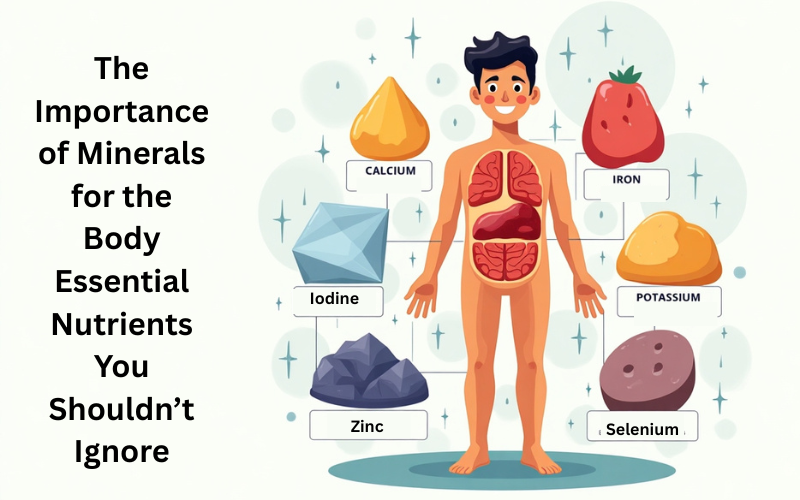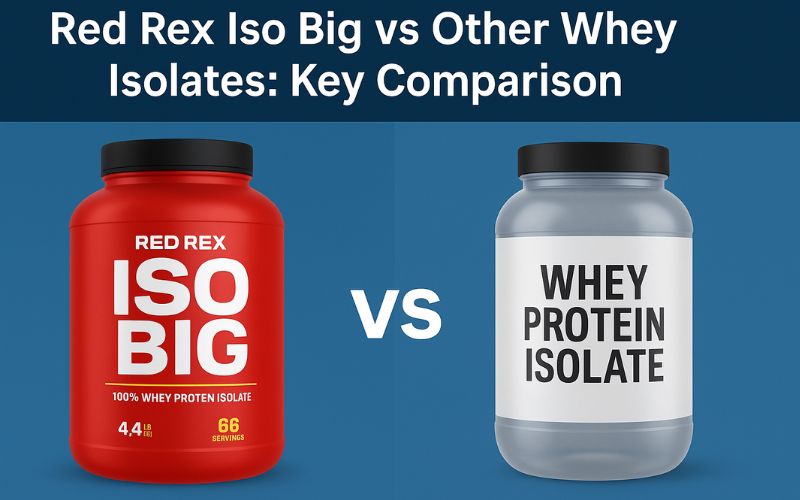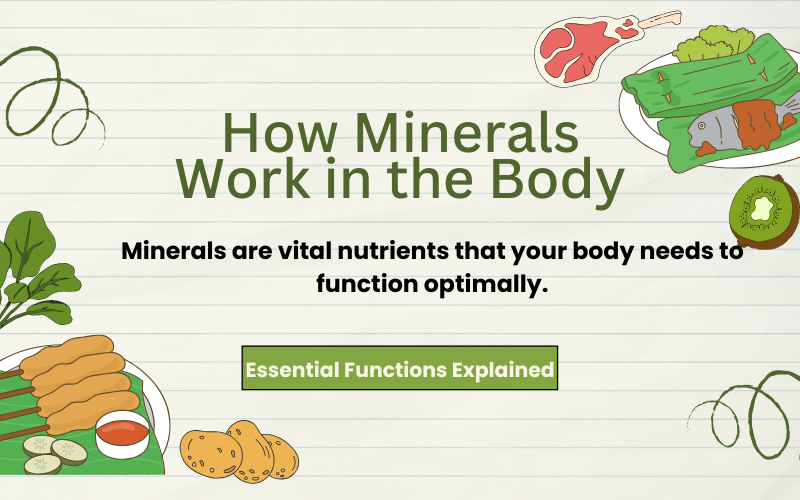The Importance of Minerals for the Body: Essential Nutrients You Shouldn’t Ignore
Maintaining optimal health goes far beyond counting calories and macronutrients. Micronutrients – particularly minerals -play a silent but powerful role in almost every physiological process in the human body. From keeping your bones strong to supporting your brain, heart, and immune system, minerals are the unsung heroes of health and wellness.
In this article, we’ll explore why minerals are vital, what they do, how deficiencies can affect your health, and how you can meet your daily requirements naturally or with supplements.
What Are Minerals and Why Are They Important?
Minerals are inorganic nutrients that your body needs in small amounts to function properly. Unlike vitamins, which are organic, minerals come from soil and water and are absorbed by plants—or consumed by animals who eat those plants.
Difference Between Major and Trace Minerals
- Major minerals (macrominerals) are needed in larger amounts. Examples include calcium, magnesium, and potassium.
- Trace minerals (microminerals) are required in smaller amounts but are equally important. These include iron, zinc, selenium, iodine, and copper.
Role of Minerals in Everyday Body Functions
Each mineral supports a unique set of physiological processes, such as:
- Enzyme activation
- Hormone production
- Oxygen transport
- Nerve transmission
- Immune system response
Key Functions of Essential Minerals in the Body
From brain function to bone strength, minerals contribute to countless processes—here’s a closer look at how they support overall well-being.
Supporting Energy Production and Mental Performance
Magnesium, iron, and iodine are involved in converting food into energy and maintaining cognitive function. A deficiency in these minerals can cause fatigue, brain fog, and low motivation.
Maintaining Bone Health and Muscle Function
Calcium, magnesium, and phosphorus are essential for strong bones and healthy muscles. They help prevent cramps, spasms, and conditions like osteoporosis.
Regulating Fluid Balance and Nerve Signaling
Potassium, sodium, and chloride work together to balance fluids in your body and support nerve communication, muscle contractions, and heart rhythm.
Boosting Immunity and Cellular Repair
Zinc, selenium, and copper support wound healing, antioxidant defense, and immune response—especially important during stress or illness.
Common Types of Minerals and Their Benefits
These essential minerals each play unique roles in maintaining your health—let’s explore the most important ones and their specific benefits.
Magnesium – The Anti-Stress Mineral
Involved in over 300 enzymatic reactions, magnesium helps reduce stress, improve sleep, and regulate muscle and nerve function.
Zinc – The Immunity Booster
Zinc strengthens your immune system, supports wound healing, and enhances reproductive health in both men and women.
Calcium – For Strong Bones and Teeth
Critical for bone density, dental health, and muscle function. Lack of calcium over time can lead to weak bones and fractures.
Iron – Vital for Oxygen Transport
Iron forms hemoglobin in red blood cells. A deficiency leads to anemia, characterized by weakness, dizziness, and pale skin.
Potassium – Balancing Blood Pressure
Potassium helps balance sodium levels and reduces blood pressure, lowering the risk of heart disease and stroke.
Selenium, Copper, Iodine & Others – The Unsung Heroes
These trace minerals support thyroid function, antioxidant defense, and connective tissue health. Even in small doses, they’re essential.
Symptoms and Risks of Mineral Deficiencies
Following are the symptoms and risks of mineral deficiencies
Early Warning Signs to Watch For
- Fatigue or weakness
- Muscle cramps or spasms
- Irregular heartbeat
- Brittle nails or hair loss
- Mood changes or depression
Long-Term Health Impacts
Untreated deficiencies can lead to:
- Osteoporosis
- Anemia
- Weakened immunity
- Cognitive decline
- Thyroid disorders
How to Meet Your Mineral Needs Naturally
The best way to maintain optimal mineral levels is through a well-rounded diet—let’s look at the top foods that deliver these essential nutrients.
Top Mineral-Rich Foods for a Balanced Diet
- Leafy greens (spinach, kale): magnesium, calcium
- Nuts and seeds (almonds, chia): zinc, copper
- Legumes (lentils, chickpeas): iron, phosphorus
- Seafood (salmon, shellfish): iodine, selenium
- Dairy (milk, yogurt): calcium
- Whole grains (quinoa, oats): magnesium, manganese
Importance of Hydration and Mineral Absorption
Drinking enough water helps transport minerals throughout the body. Electrolyte-infused water can support hydration and replenish lost minerals after intense exercise or heat exposure.
Role of a Balanced Diet vs. Supplementation
Food-first is always best. A varied, nutrient-rich diet typically meets most mineral needs—but in some cases, supplementation becomes necessary.
Should You Consider Mineral Supplements?
When Diet Isn’t Enough
Certain groups may need supplements:
- Pregnant or breastfeeding women
- People with digestive disorders (e.g., IBS, Crohn’s)
- Vegans and vegetarians
- Seniors with low appetite or absorption issues
Choosing the Right Mineral Supplement
Look for:
- Third-party tested products
- Bioavailable forms (e.g., magnesium citrate, iron bisglycinate)
- Balanced multi-mineral blends
Natural vs. Synthetic: What Works Better?
Whole-food-based supplements tend to offer better absorption and fewer side effects than synthetic isolates—but individual results may vary.
Final Thoughts on Maintaining Optimal Mineral Levels
Minerals may be small in quantity, but their impact on your physical and mental health is massive. Ensuring adequate intake of both major and trace minerals through a balanced diet, hydration, and responsible supplementation can help prevent fatigue, illness, and chronic conditions. If you’re unsure about your mineral status, consult a healthcare professional and consider blood testing.
Invest in your mineral health—it’s a cornerstone of lifelong wellness.
Suggested FAQs
Q: What are the most important minerals for the human body?
A: Key minerals include calcium, magnesium, potassium, zinc, iron, and iodine, each supporting essential body functions like bone health, energy production, and immunity.
Q: Can you get enough minerals from food alone?
A: Yes, most people can meet their mineral needs through a varied, nutrient-rich diet. However, certain groups may benefit from supplementation.
Q: What are signs you may be deficient in minerals?
A: Common signs include fatigue, muscle cramps, brittle nails, mood swings, and frequent infections.









Add comment